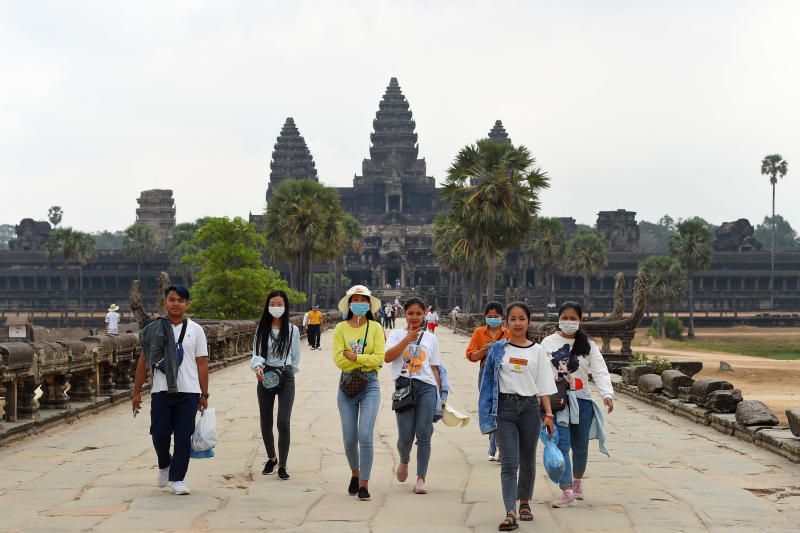
Kathmandu , April 2
In order to ensure the safety and security of visitors trekking in the mountains of Nepal, Nepal Tourism Board (NTB) has revised procedures of the Trekking Information Management System (TIMS) to come into immediate effect.
According to NTB, all tourists are now required to hire a guide and obtain TIMS card before trekking to 14 different areas, including Kanchenjunga region, Makalu Barun area, Everest region, Rolwaling region, Panchpokhari Bhairabkunda area, Helambu region, Langtang region, Ganesh Himal – Ruby Valley Area, Manaslu region, Annapurna region, Mustang region, Dhaulagiri region, Dolpo region, and Humla region.
The fees for the TIMS card have been revised to Rs 1,000 per person for citizens of the SAARC countries and Rs 2,000 for others. The provision for Diplomatic Missions in Nepal has been fixed at Rs 500 each.
According to the NTB, the new provisions have been introduced following a series of discussions with the trekking and expedition stakeholders and relevant trade unions in Nepal, to help mitigate adverse incidents like getting lost en-route, health issues and/or natural disasters, etcetera. With the implementation of the new rules, the trekkers will have immediate access to a professional sup-port system and it is expected to help in addressing the challenges of rescue operations in case of any unwarranted situation. As per the new provision, the NTB has given the responsibility of TIMS management to the Trekking Agencies Association of Nepal (TAAN).
Moreover, any trekker who is found to be hiking in the specified regions without any guide or TIMS card will be barred from continuing their trek and be fined Rs 12,000 each. Also, any company found to be conducting trekking services in the specified regions without obtaining TIMS cards for their trekkers will be fined Rs 10,000 per trekker. However, mountaineers who have received their climbing permits and children below the age of 10 are not required to obtain TIMS cards. Tourists travelling in a helicopter to the specified regions are also not required to obtain a TIMS card.
Furthermore, in an event where a trekker or the accompanying guide is injured, dies or goes missing due to various factors, an emergency search and rescue coordination committee will be formed composed of members and representatives from the concerned government and private agencies. In addition to safety, the new provision is expected to create employment for workers in the tourism sector of Nepal and discourage unauthorised trekking operations in the country.
FACEBOOK COMMENTS